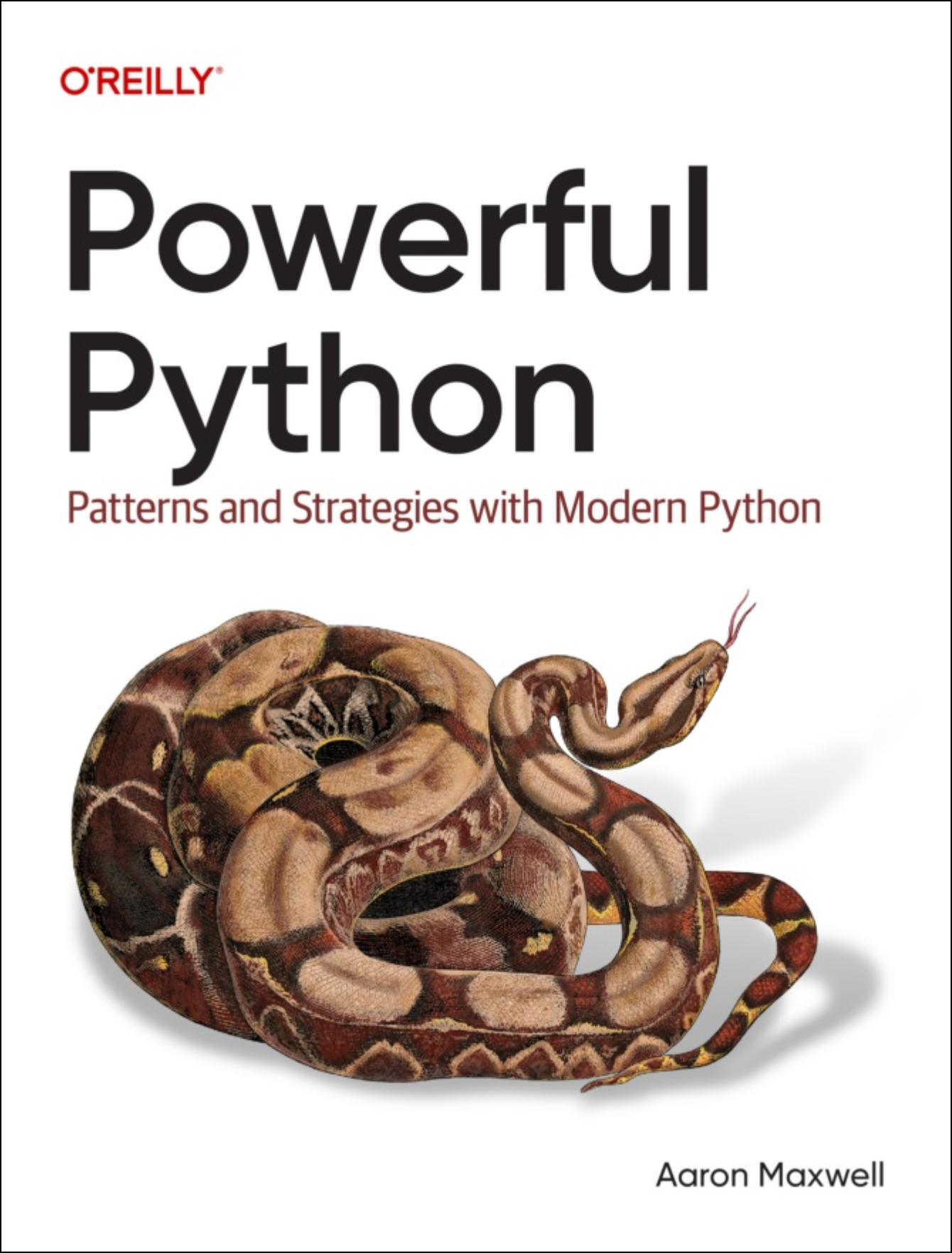Tough syntax love
Thoughtful reader Konstantin asks:
"Over the years I heard programmers say that it does not matter for them which programming language. As long as they can use their patterns and algorithms and types.. etc., the language itself does not matter for them.
How can that be? How can they put up with semi-colons on each line, braces everywhere, hundreds of lines of boilerplate code on other languages? I never understood this."
Good question.
Remember there are "levels" to a programming language.
The lowest level, called "syntax". Braces vs. indent, semicolons, et cetera.
The idiom level, above that. Where a lot of what's called "boilerplate" starts to come in.
Going higher, you have the design pattern level, and finally the architectural level.
Going back to Konstantin's question... in part, it has to do with where you put your attention.
I'm going to give a little "tough love" here.
Because while the syntax and idiom levels do matter...
The higher levels are more important.
And if you're focusing too much on the lower levels...
That can distract you from seeing the "bigger picture".
So I suggest a shift in attitude.
There are over 20 million full-time coders in the world. Many of them using languages other than Python.
Assume these millions are not stupid, and that if they're putting up with certain quirks of some other language, it's because that's worthwhile...
And you can learn to put up with them too.
This is possible for you, because you're already tolerant of the quirks in Python. Using indentation for block structure bugs some programmers, just as much as using braces has been bugging you - just one example.
And when you shift your attitude to become more tolerant of these lower-level quirks...
That frees you to see the bigger picture more readily. Seeing bigger than you've seen before.
And that's where your real power and growth as a developer is.
